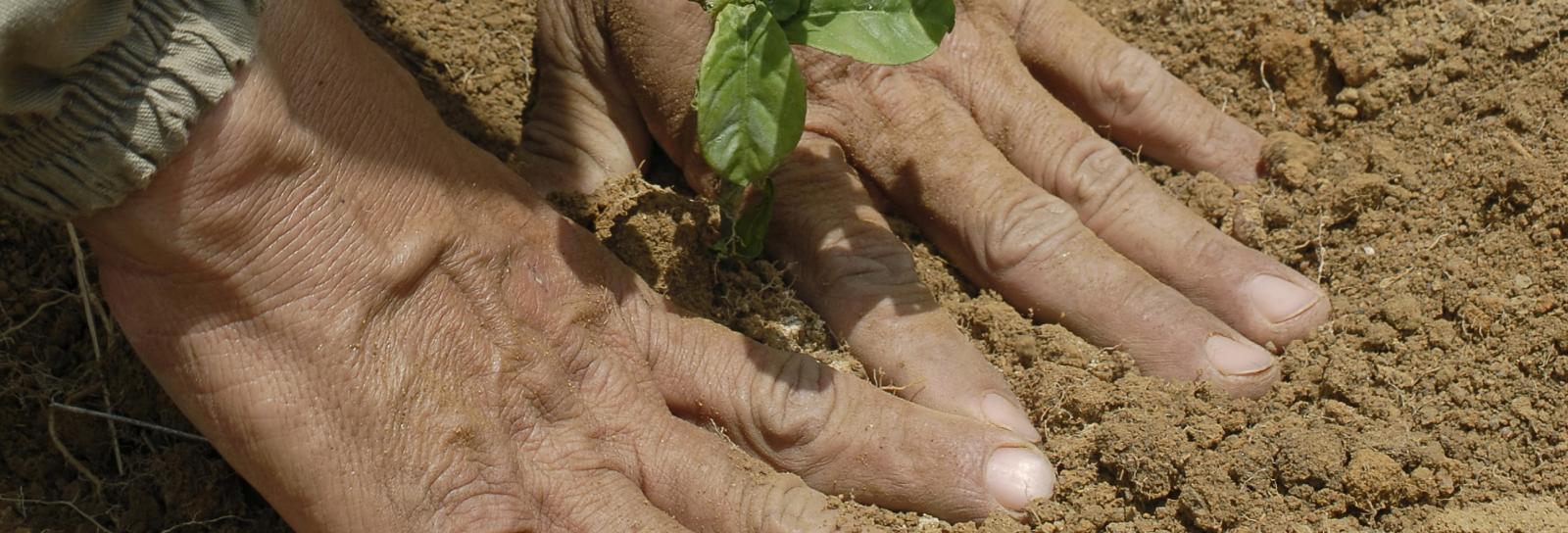Global environmental challenges, such as climate change and the impact of environmental toxins on health, necessitate empirically grounded population research on dynamic human-environment interactions. Our researchers are working to build a deep understanding of the bidirectional causal relationships between population change and environmental change, through developing innovative measures and models of environmental change, and working with novel sources of data to develop solutions for a more sustainable world.
The process of economic development is demographically disruptive. It alters the structure and nature of relationships among family members and how families are connected through social, cultural, economic, and political networks. Conversely, demographic change shapes development. Empirical population science that addresses these complexities is critical to ensure that development leads to sustained, equitable improvement in welfare, including health and wellbeing. PSTC scholarship in this area is distinctive in its disciplinary and geographic breadth, as well as its diverse methodologies, ranging from local ethnographies to macroeconomic world region comparisons.





